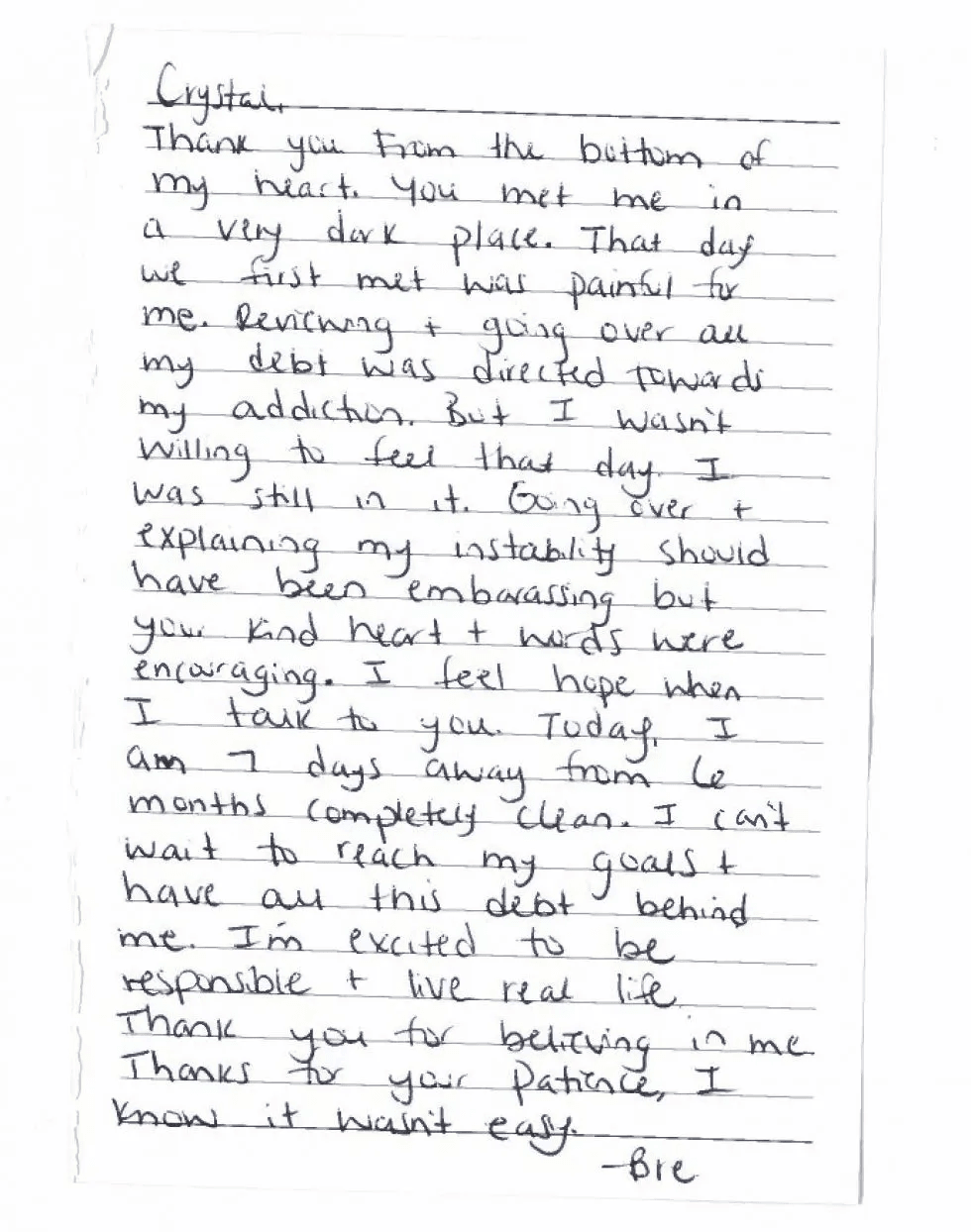Violence at home
If you are home and an argument becomes dangerous:
- Leave your home;
- Take your children with you;
- Go to a friend or family member’s house, or
- Go to a shelter;
- If you have been hurt:
- Go to a doctor or hospital;
- Take pictures of your injuries;
- If you cannot leave;
- Do what the abuser wants;
- Allow the abuser to calm down;
- Stay close to a room with a door to the outside; and
- Avoid bedrooms, bathrooms or kitchens.
Preparing to leave safely
- Open a savings account in your own name;
- Get a safe address, such as a P.O. Box;
- Pack a bag with:
- Money,
- An extra set of car and house keys,
- Important documents, and
- Medicine, and
- Clothes;
- Leave the bag with someone you trust;
- Have a place to go; and
- Figure out who can loan you money if you need it.
Safety at home
If you are threatened:
- Change your locks or add new locks;
- If you rent, tell your landlord about this;
- Talk with your children about a safety plan for when you are not with them;
- Tell your neighbors and landlord your partner does not live with you anymore;
- Do not put outgoing mail in your mailbox;
- If you have a locked mailbox, change the lock;
- Keep your protection order with you at all times;
- If the protection order covers the children, leave a copy of the order at their school or day care;
- Tell the school and day care who can pick the children up;
- Change your phone number;
- Do not call your abuser from your new number;
- Keep a diary of all contact with your abuser; and
- Call the police if the abuser breaks the protection order and contacts you.
Protect your personal information
- Create a new e-mail account;
- Save and print out any messages your abuser sends you;
- Use a public computer;
- Your home computer has a history of your searches. Public libraries have computers for the public to use.
- Protect or change your e-mail and voice mail passwords;
- Protect or change your PIN numbers;
- Check with your phone service provider to see if the location service is activated on your phone;
- Have the location feature turned “off;” and
- Do not give anyone your social security number unless it is necessary.
Safety outside your home
- Change your travel routes often;
- Shop in different locations;
- Cancel all joint credit cards;
- Open an account in your name only;
- Close joint bank accounts;
- Open an account in your name only;
- Keep your protection order with you at all times;
- Tell your co-workers, your boss and security at your place of work about your situation;
- Let your calls at work go to voice mail or get caller ID for your work phone; and
- Walk with a co-worker to your car or the bus stop after work.
Safety for your pets
- Keep emergency provisions for your pet, like food and medicine;
- Keep a phone number for the nearest emergency veterinary clinic;
- Establish ownership of your pet;
- Get a pet license;
- Have a vet put your pet’s medical records in your name;
- Keep a copy of your pet’s records;
- Pack a bag for your pet and include;
- Food;
- Medicine;
- Toys; and
- Bedding;
- Find the name of a shelter for your pet;
- Keep your pet indoors as much as possible;
- Do not leave your pet outdoors alone;
- Pick safe routes and times to walk your pet;
- Do not walk your pet alone; and
- Tell your vet or kennel that you want to keep the location of you and your pet confidential.
For more detailed information, review the Protection Orders Handbook.
Big numbers, personal impact:
-
Requests for assistance in 2024
19,887
-
Cases closed in 2024
13,923
-
Economic impact
$12,276,796




